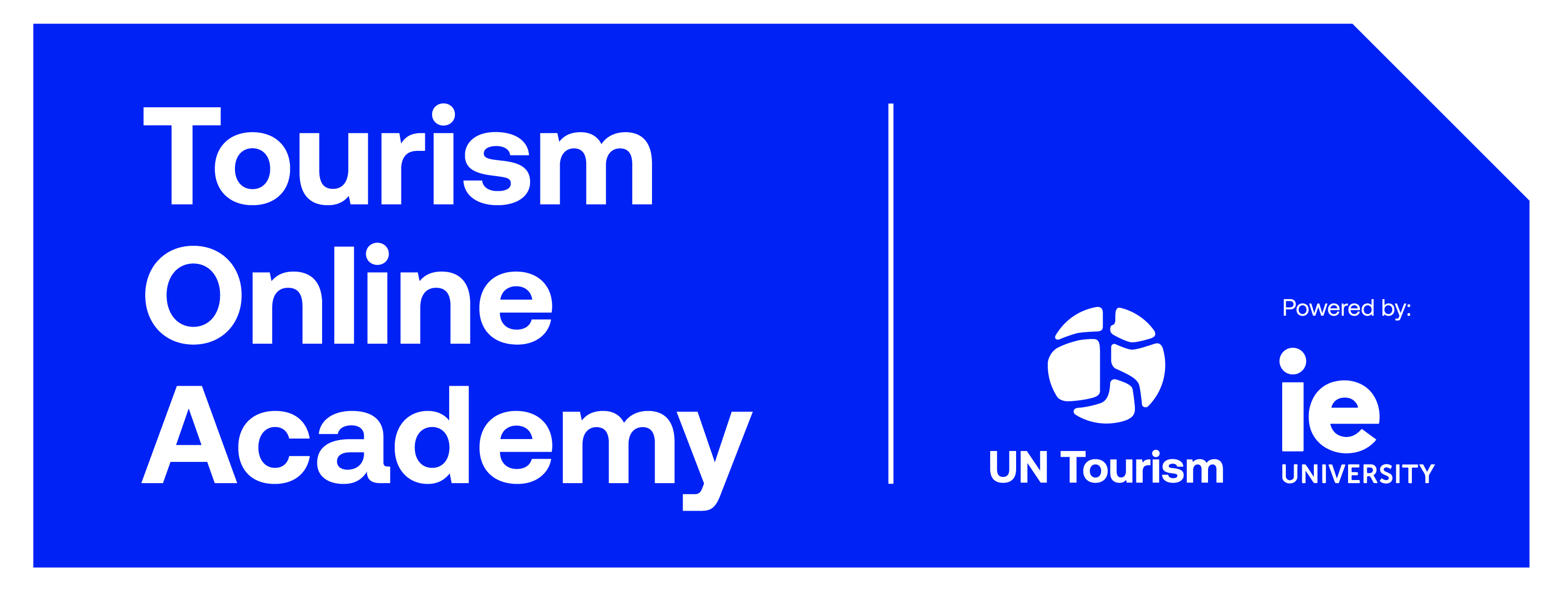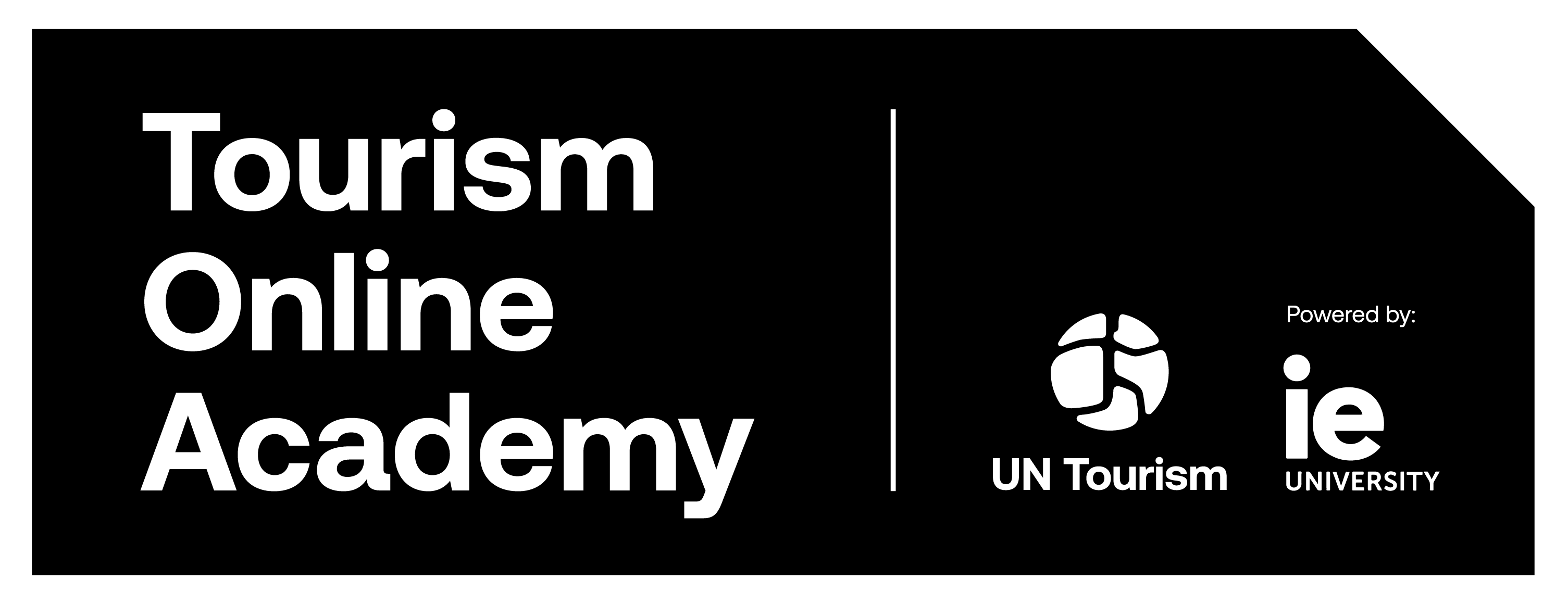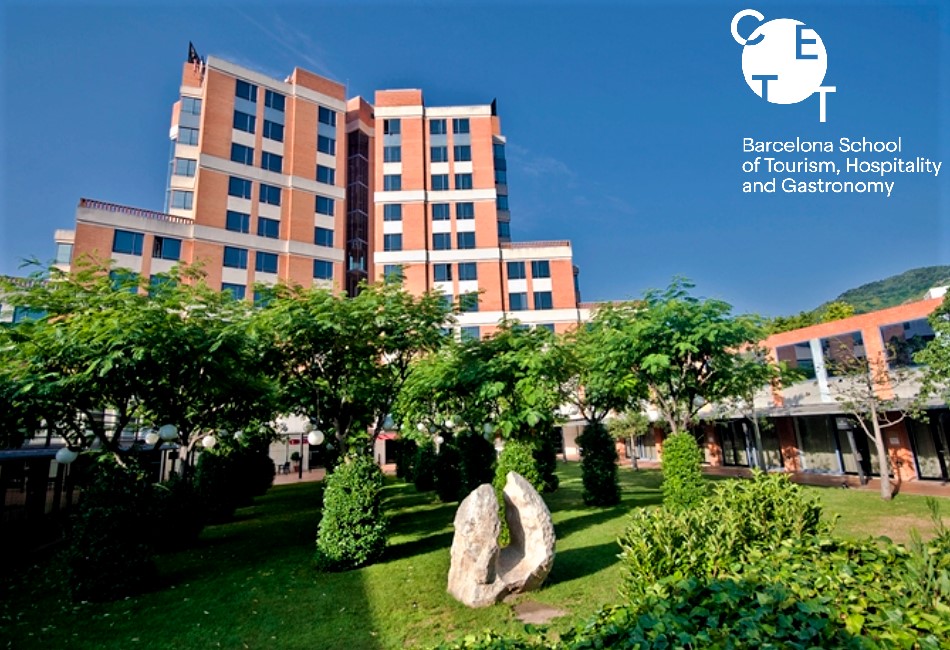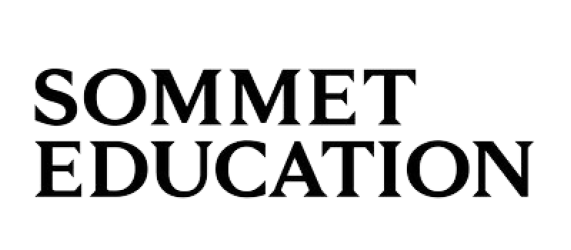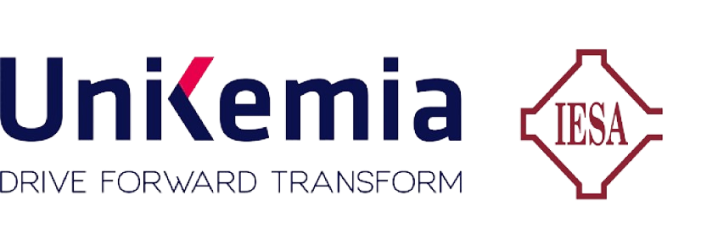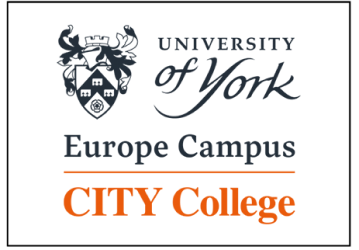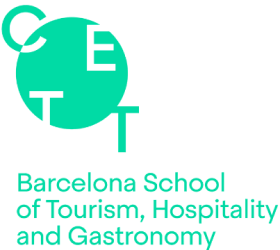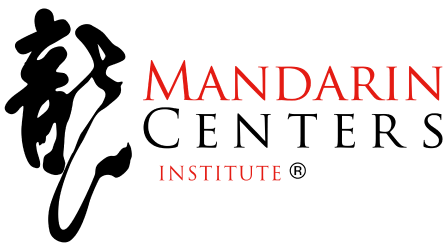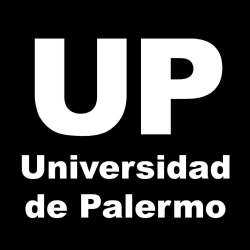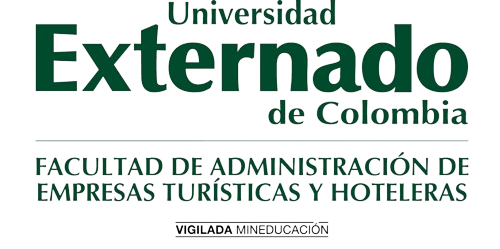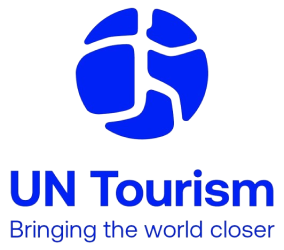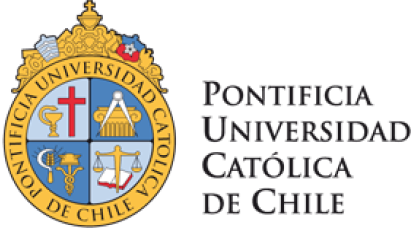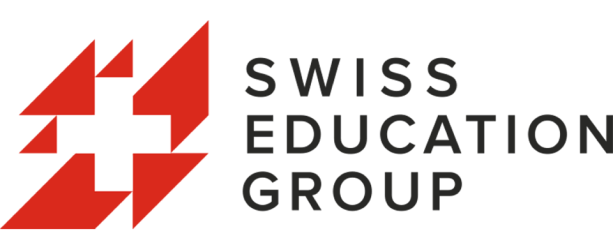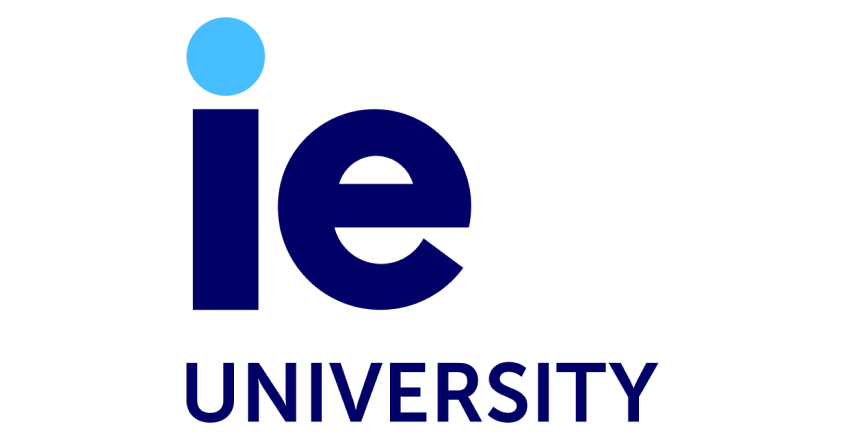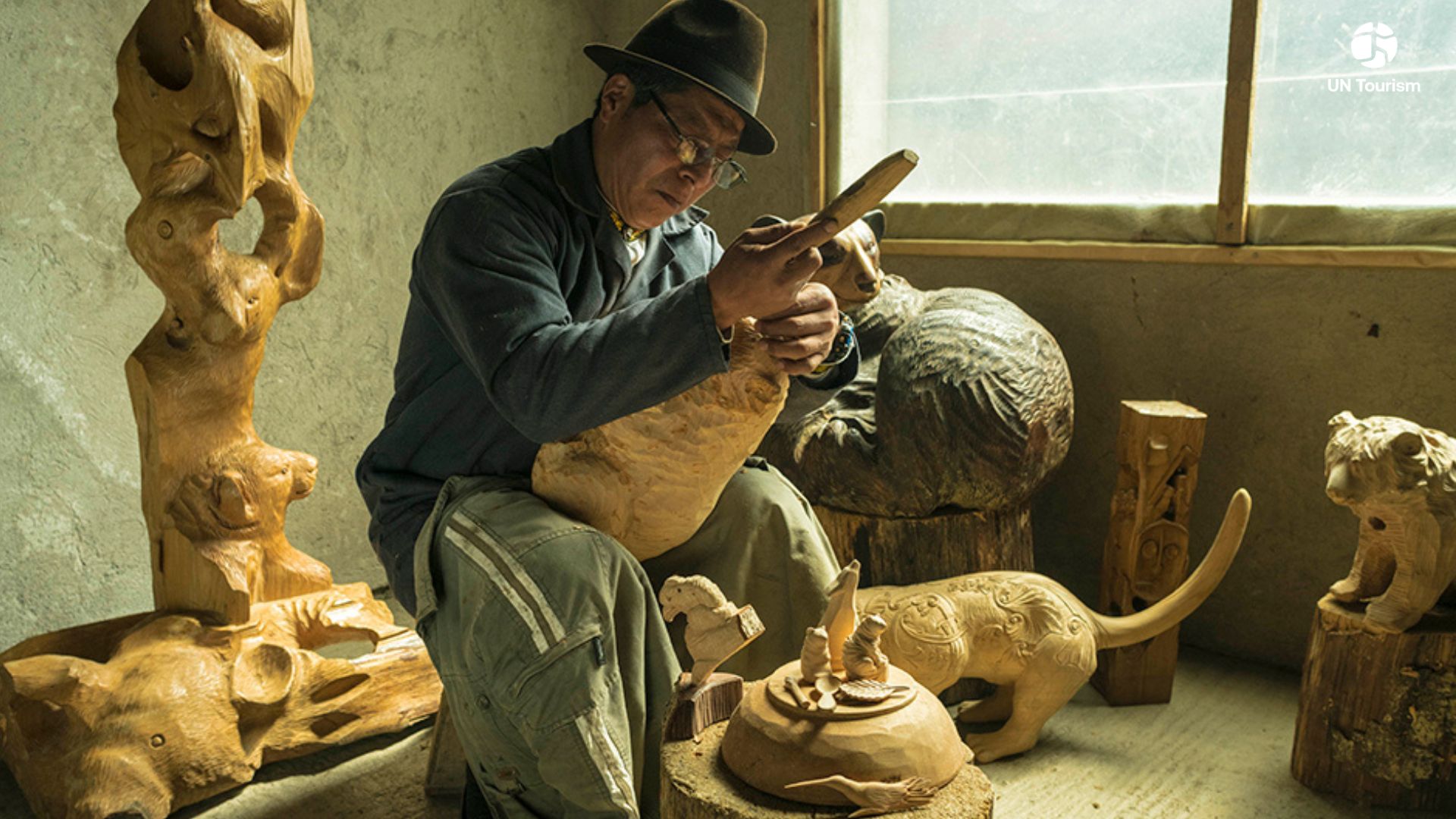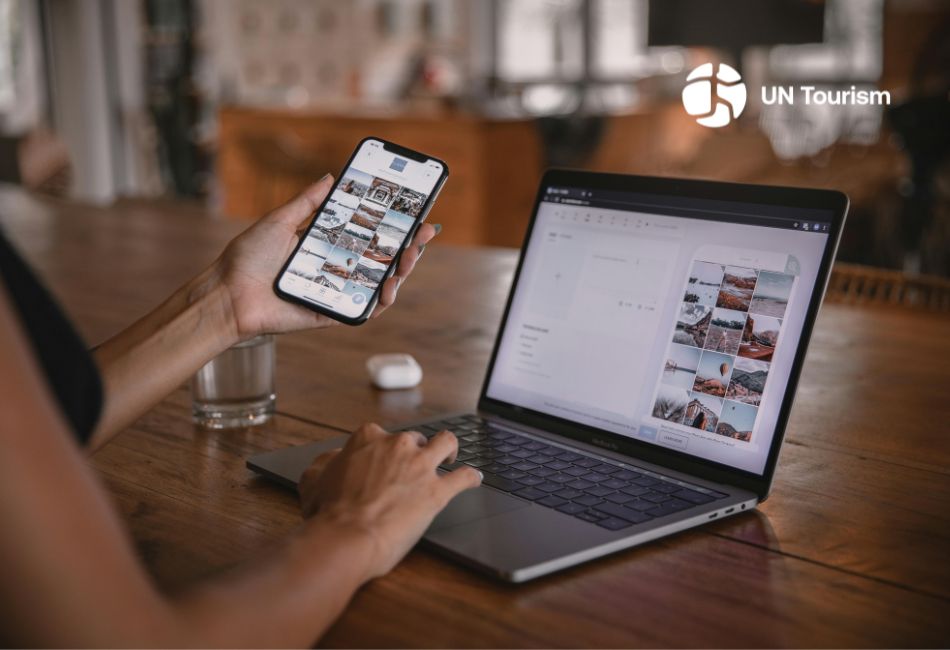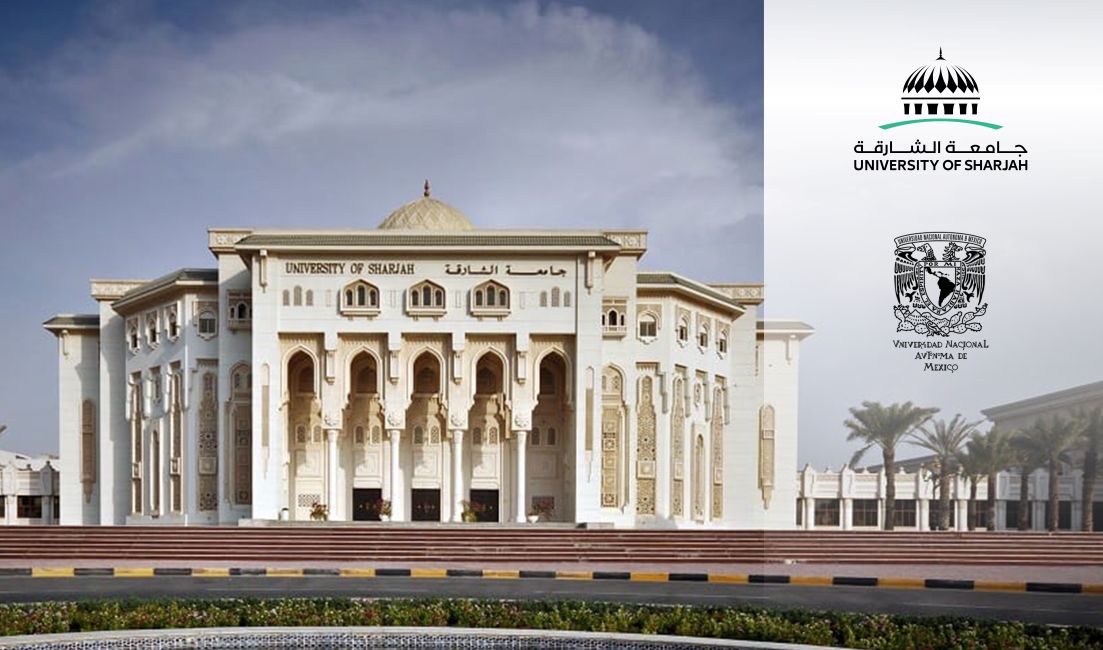
Sue Moffat
Head of Humanities and Social Sciences Portfolio, Curriculum and Qualifications Development Cambridge Assessment International Education
Sue has developed international qualifications at Cambridge for over 10 years. Sue has a background in developing distance learning courses and educational resources for General Education.
Best Practices for Introducing a Tourism Education Curriculum in Schools with Cambridge
At Cambridge, we continually review and revise our syllabuses to make sure our qualifications give students the best possible preparation for further study and employment.
In this blog, I will highlight the work behind developing the syllabuses for the Cambridge IGCSE and O Level in Travel & Tourism and the Cambridge International AS & A Level qualifications.
The five stages of the Cambridge Pathway give students a clear path through education from the age 3 to 19. Each stage acts as a building block to help schools design a curriculum that supports the needs of their students. We give schools the flexibility to offer every stage of the Cambridge Pathway, or just some of them.
Cambridge has developed travel and tourism syllabuses at the Upper Secondary and Advanced stages of the Cambridge Pathway. Our travel and tourism syllabuses are used by nearly 400 schools in 46 countries including Argentina, China, Saudi Arabia and New Zealand.
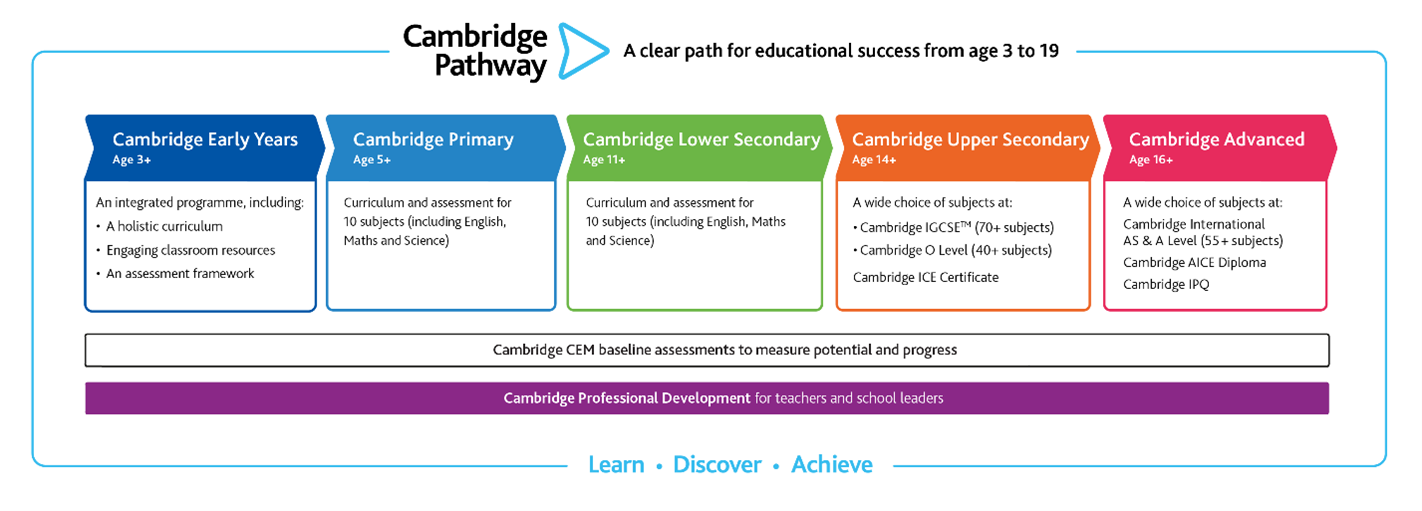
At Cambridge, we design our syllabuses and curriculum frameworks to support the development of learners who are confident, responsible, reflective, innovative, and engaged – the attributes of the Cambridge learner. Our aim is to work with schools and together develop learners that are independent and equipped with the right skills to make a difference in the world.
To support school leaders, we created the ‘Implementing the Curriculum with Cambridge’ guide which outlines principles we believe are essential for success in curriculum design and implementation. The guide is developed to support school leaders and teachers effectively implement the Cambridge curriculum in their schools.
I recommend you read the guide in full, to gain a more complete understanding of the principles.
To allow students to transition smoothly through the Cambridge Pathway, we consult teachers and other experts in education to select subject content that shows clear progression in depth and breadth between the different levels of study. We work closely with teachers because they are the most powerful influence on student learning. This consultative approach supports us in ensuring the content we include in in our syllabuses is engaging and accessible for all students. Consulting with teachers also helps us ensure our syllabuses support pedagogy that enables students to take an active role in their own learning.
While writing this blog, I spoke to the team who redeveloped the Cambridge IGCSE and O Level in Travel & Tourism and the Cambridge International AS & A Level Travel & Tourism qualifications to find out how the curriculum design and implementation principles had supported their work. This is what they had to say:
‘A spiral approach to learning’
The syllabuses use the spiral approach to developing skills, introducing topics at Cambridge IGCSE Level and Cambridge O Level and revisiting them in more depth at Cambridge International AS & A Level. The Cambridge IGCSE Travel & Tourism syllabus introduces foundational knowledge and gives students a broad view of the sector. At Cambridge International AS & A Level, students have the opportunity to revisit topics to study them in more depth and work on more detailed case studies. In the International AS & A Level syllabuses, key concepts have been explicitly introduced to help students develop a deep understanding of travel and tourism and make links between different aspects of the subject.
‘Aligning content’
The topic areas in travel and tourism are interlinked. Therefore, it was important to align the subject content across both levels to ensure that students experienced a smooth progression and consistent experience during their learning.
‘Giving students the tools to be flexible’
Travel and tourism is a dynamic subject and it’s important that students are equipped to cope with the change that brings. Developing students’ analytical skills enables them to assess and interpret a situation using the information available at the time and gives them the tools to be flexible.
‘Engaging students through real-life scenarios
Engaging students is essential to a successful programme and students find the insights into their own world and those of other people through real-life experiences that are both enjoyable and interesting. Through the subject, students become aware of what the planet has to offer and what we must do to protect resources for the future. Considering the impact of travel and tourism on other cultures and the environment helps develop students’ ethical understanding.
‘Collaboration, communication, and teamwork’
The coursework project at Cambridge International AS Level gives students the opportunity to work in a team to plan and manage a travel and tourism event and brings real life-learning into the classroom. The coursework project gives students the opportunity to develop transferable skills such as communication and problem-solving all with a customer focus so important in the sector.
‘Consulting teachers and education specialists’
During the development, the team worked with specialist teachers and Higher Education institutions to ensure the skills developed in our syllabuses help teachers support students to progress into higher education or directly into employment.
The new Cambridge Travel & Tourism syllabuses will be examined for the first time in 2024.
With thanks to Ruth Figg, Sue Stewart, Lara Ward and Caroline Harman-Bishop for their contributions and support.
The guide mentioned in this blog:
Implementing the Curriculum with Cambridge, A guide for school leaders
Read more about the Cambridge approach to an international education
Did you like this article and are interested in learning more about the fundamentals of tourism? Then we invite you to enroll today in the Revenue Management course
